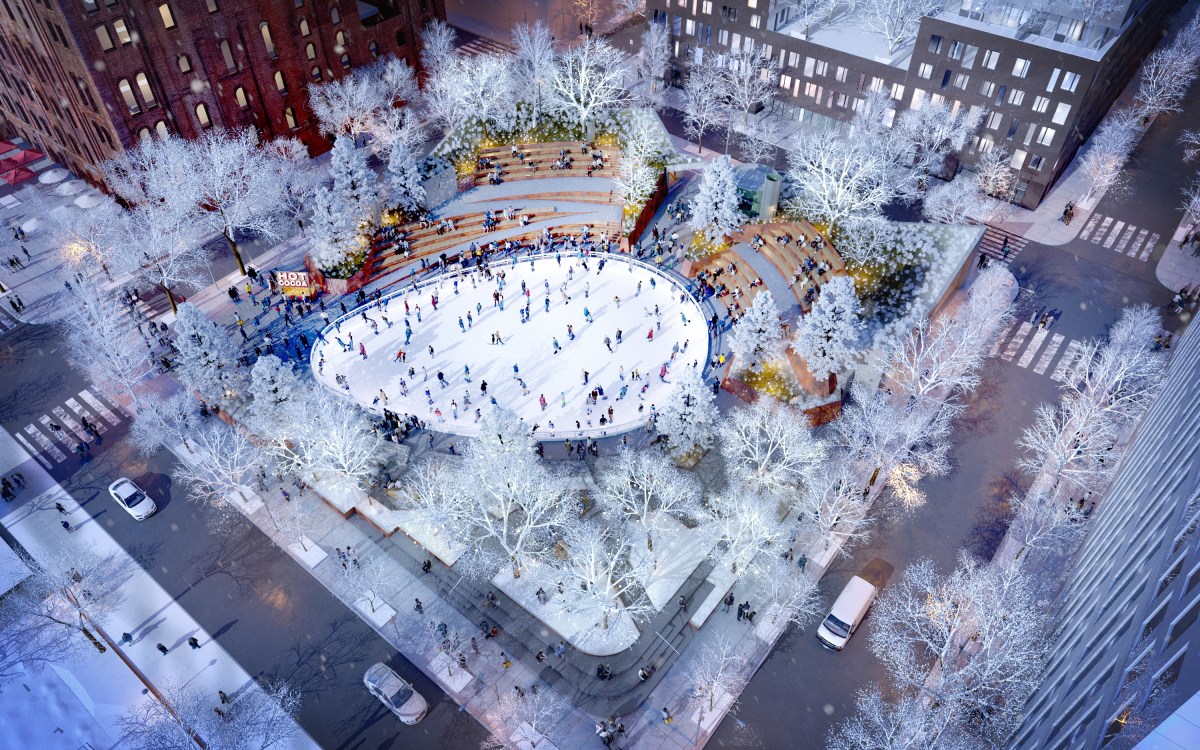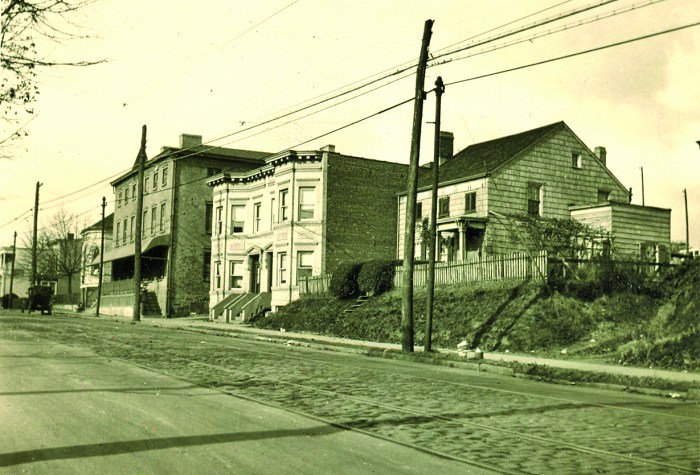Time has been kind to Danny Boyle since “Trainspotting” took the world by storm in 1996.
The English filmmaker became a household name thanks to his second film, the psychedelic comedy-drama that captured the heroin-riddled Edinburgh, Scotland, of the 1990s, and he’s been celebrated ever since for films such as “Slumdog Millionaire” and “127 Hours,” and for directing Queen Elizabeth II in the 2012 London Olympics Opening Ceremony.
The same can’t be said for Mark Renton, Sick Boy, Begbie and Spud. Now washed up 40-somethings, in “T2: Trainspotting” we see what’s become of the troubled quartet, played once again by Ewan McGregor, Jonny Lee Miller, Robert Carlyle and Ewen Bremner.
amNewYork recently caught up with Boyle, 60, ahead of the long-awaited sequel, which hits theaters on Friday.
Twenty years on, what was it like back on set with the gang?
I mean, they picked up like they had only literally put it down, and some of them literally had not seen each other since they left the set of the last one. Me and the crew were shocked because normally there’s a natural kind of carefulness as people ease themselves into the movie and there was none of that — they were at it at 100 miles an hour, straight away. They are great in their own individual cases — they’re all great actors, the four of them — and you can buy that, because if you pay enough money you can get a great actor … but what you can’t buy is chemistry. They’ve got it, the four of them together, so they went at it furiously from the get go.
The movie has been well received — does that bring a sense of relief?
Early on, you think a lot of people are going to think, “Don’t do that, because that first film is really important to us.” There’s such affection for it, but we kind of knew that. We attempted it 10 years ago and we didn’t go ahead because it was terrible. And 100 percent everyone would have thought, “This is [expletive], you are such [expletives] for going back to that, you just cashed in on something that was really precious to us,” and all that kind of stuff. But this time it was much more personal, there’s a much more personal agenda in the film for all of us, I think. … Inevitably, some people will always wish you’d never gone back to that, but you just want to have made a film that can stand beside the other one. It’s not going to replace the other one, but you want it to complement it in a way.
What was the development of this storyline like?
The first film is such a celebration of boyhood, I suppose, and this is masculinity over time, really. It’s about masculinity I think, and how men hit a wall and because they age so badly, because they hang on to the past — you know, either to relive it, for the glory days, or to take revenge on it, like Begbie. Whereas women measure out time much more sensibly and successfully. We are appalling at it, and it was when John [Hodge, screenwriter] and I kind of owned up to that and began to put some of that stuff into that it began to feel like it was its own film rather than just being a sequel.
With the exception of Veronika (Anjela Nedyalkova), women don’t get a lot of screen time here.
The agency of the women is very quiet in it. There are very significant women in it … like Veronica, who exploits the stupidity of these middle age men in order to show them what opportunity and betrayal really is, and like Gail (Shirley Henderson), who says nothing in the film except the most important line of all at the end … so they have an agency that is important in the film but it isn’t front and center — that’s the four over-boisterous guys.
A few years back you said in an interview that every serious filmmaker needs to make a movie in New York, which you’re still yet to do.
Well, I wrote one set in Chicago but that hasn’t happened yet, but that’s Chicago. My daughter lives here so I do spend a bit of time here, and I love the city, obviously, and just visually it’s a great city and especially looking out at Central Park, right now, which I’m doing, you know with the bare trees and the white ground, it’s very beautiful.
What genre do you think you’d like to film here?
Oh, you’d want to make a thriller here, wouldn’t you I suppose … or a musical; they’re difficult enough anyway, that might be a big challenge. I’m glad you reminded me.



























